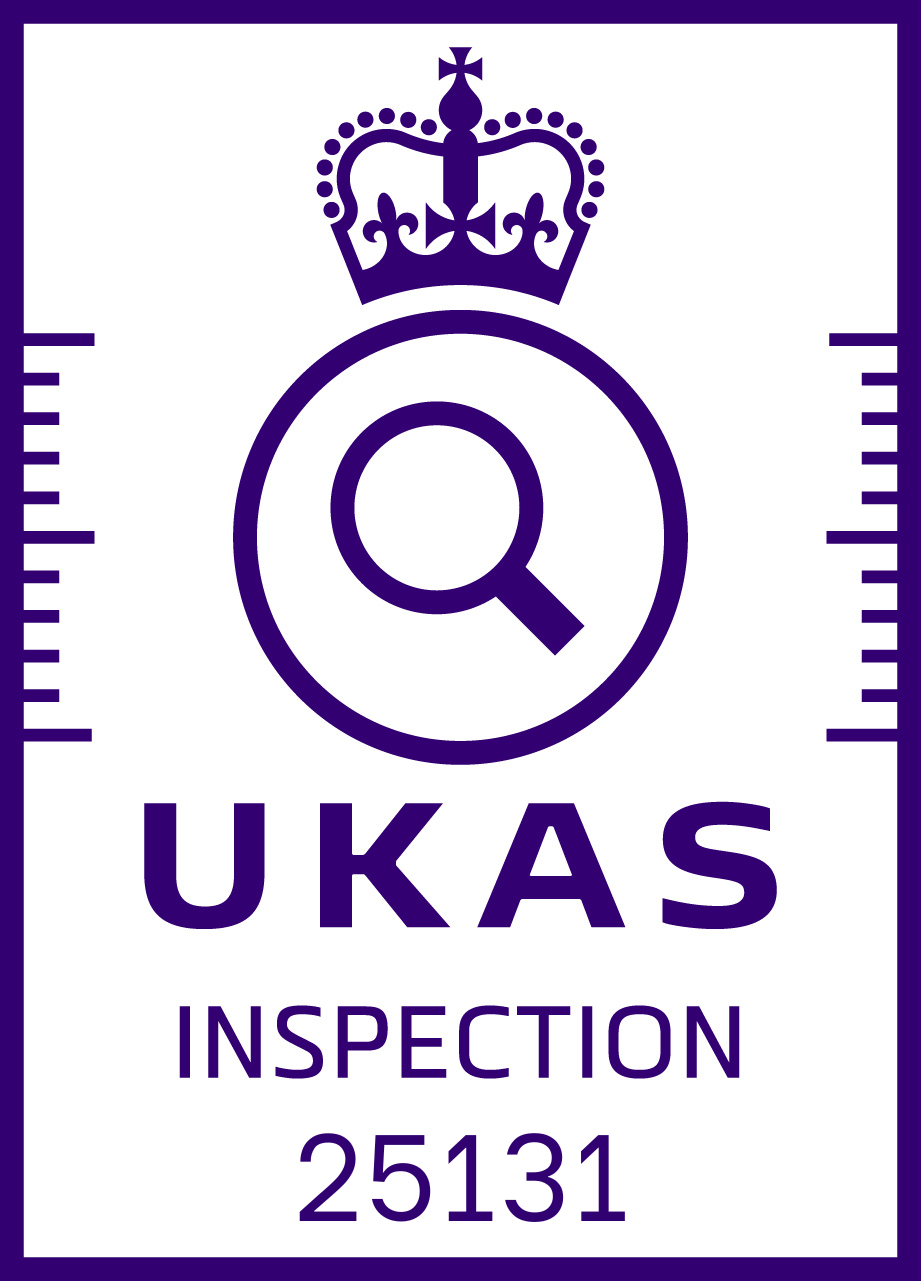The Building Engineering Services Association (BESA) says it is heartened by new statistics showing rapid growth in the low carbon and energy efficiency jobs market but says there is still a “sizeable skills gap” in many of the technical areas vital to delivering low carbon solutions.
There were three times more ‘green’ jobs advertised in the UK this year than in 2021, according to the business consultancy PwC, which published the second edition of its Green Jobs Barometer this week.
Low carbon construction and energy efficiency retrofitting posts are among the skills included in the survey with recruitment growing by more than 200,000 positions to 336,800 in the 12 months to this November. That is four times the growth rate seen across the economy as a whole – with around 2.2% of all new positions now classified as ‘green’.
PwC found noticeable regional variations with more than a third of the roles based in London and the South East, although Scotland is also growing strongly. It added that the market is also dominated by professional and scientific roles, with shortages in many of the technical posts needed to drive the net zero transition.
The report said the construction related sector would need to recruit at least 10,000 new tradespeople each year, and as many as 66,000 this decade to meet its decarbonisation targets, including energy efficiency retrofits and low-carbon heating installations.
Competition
BESA has received additional funding from the department for Business, Energy, and Industrial Strategy (BEIS) following its recent £9.2m Home Decarbonisation Skills Training competition.
The Association’s share will allow it to deliver another 400 free training places for qualified heating engineers looking to upskill with a view to becoming MCS accredited heat pump installers and will help extend its network of specialist training providers.
The free training places will be the next phase of the programme the Association runs in partnership with MCS and heating equipment manufacturer Worcester Bosch that has already provided free training for 1,000 installers. The training is delivered through the Association’s online training Academy and BESA approved training centres. Funding will be available early in the new year and the courses will run until the end of March 2023.
“These new funds are very welcome and will quickly be used up as the demand for green skills is clearly growing,” said BESA’s director of training and skills Helen Yeulet. “SMEs will be crucial to filling the skills gap so there will need to be a lot more funding in the coming years to give them the confidence to invest in both upskilling existing workers and taking on new recruits.”
Lynne Baber, head of sustainability at PwC UK, said businesses and the government would have to pour more resources into targeted training programmes.
“Our economy, and our ambitions for net zero, rely on a greener workforce that can adapt to the changing demands of a changing planet – from the transition away from fossil fuels to the technology that will accelerate the pace at which we move towards net zero,” she said.
“Small businesses face the biggest barriers to transitioning to net zero, and, given that SMEs are the backbone of the UK’s economy, the simple truth is that we will not be able to seize the full opportunity of green jobs if more help is not offered to them, especially in the regions outside Scotland, London and the South East.
Image: Shutterstock









